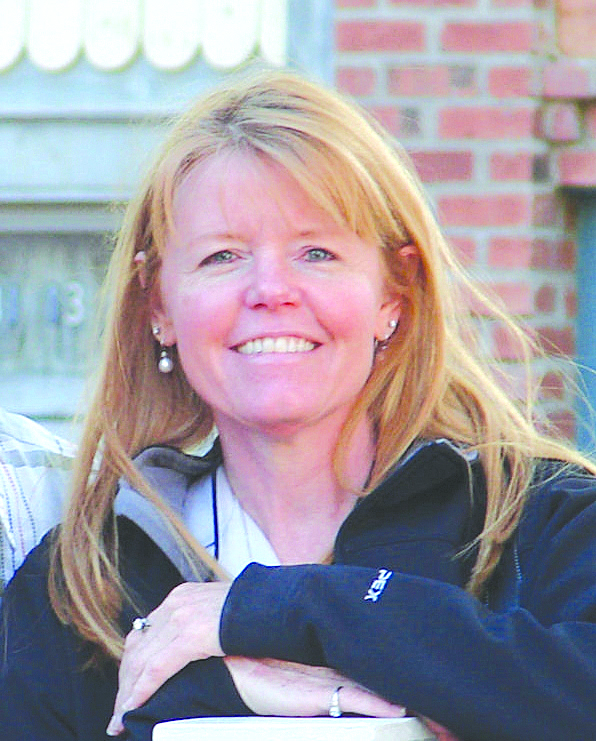Even if you wear traditional hearing aids, you should try out this new technology on a free trial basis.
Discreet Amplification
The most amazing benefit of wearing the Lyric is that you are a “normal” person. You do not have to be careful with your hearing aids around the house so the dog or cat does not eat them when you take them off. You can remove your glasses without catching the hearing aid and having it fly across the room. You can remove your mask without worrying that your hearing aids will be lost. You can put on your motorcycle or bicycle helmet without fear of losing the hearing aid. You can even swim, as long as your head is not submerged (you must wear ear plugs to protect the Lyric from excessive water while lap swimming or kayaking and bathing). No one will politely remind you to put your hearing aids in every morning while you are simply trying to enjoy your coffee and newspaper. People enjoy the fact that they wake up hearing normally and are able to hear noises around the house at night, similar to their other family members.
Lyric Sound is Clear
The sound of speech is clear and distinct. You are able to understand your friends and family under most circumstances. Extremely loud environments will present a challenge, but my patients report that 95% of the time, they are very happy with the sound quality.
The Lyric Difference
The sound of these aids is different from other in-the-ear hearing aids because of the location in the ear canal. The Lyric sits deeper in the canal than any other hearing aid. The depth is one of the biggest secrets to the successful sound transmission. The canal wall has different composition as it extends to the ear drum. The Lyric sits a quarter of an inch from the eardrum in the boney portion of the canal. The composition of bone rather than cartilage and fat reduces the “echo” that many people hear with traditional hearing aids. The Lyric takes advantage of the outer ear, or pinna, in its ability to focus on the sound that the listener is facing. Finally, the power needs are much less because it is so close to the eardrum; thus, there is less distortion of sound.
The Lyric Sound is Adjustable
The Lyric comes with a wand that is designed to change the volume or even mute the sound completely. It has a sleep mode if you prefer to hear at your pre-hearing aid level. There are many options, allowing the sound to be modified by the person wearing Lyric.
Lyric for Tinnitus
Tinnitus is a noise that is heard, yet it is not generated by an external source. It can be a whistle, buzz, chirp or hissing sound. The Lyric is a great way to either reduce tinnitus or completely eliminate the sound. Studies even show that Lyric can offer relief faster than a traditional hearing aid. Many patients will be astounded that the minute the Lyric is placed into the canal the noise they hear is gone! Anyone who wants to find out if they can benefit from this device is welcome to try out a Lyric for free!
Removing the Lyric
The person using a Lyric is able to remove it at any time. A tool is provided that is placed in the ear canal and attaches to a loop on the outer edge of the device. However, the Lyric must be reinserted by the audiologist. I have had people attempt to replace their device, but by not using the specialized tool, the ear canal was scratched. The fit is comfortable only if it is placed in the canal at the proper depth and at the proper angle.
Replacing the Lyric
The Lyric battery will last for more than two months. Sometimes it lasts up to three months, but it is best to replace it every two months. The audiologist will remove the Lyric, clean the ear canal and place a new Lyric. Even if you wear traditional hearing aids, you should try out this new technology on a free trial basis. QCBN
By Karon Lynn, Au.D.
Trinity Hearing Center is located at 1330 N. Rim Dr., Suite B in Flagstaff. For more information, visit TrinityHearing.net.
Karon Lynn, Au.D., is a doctor of audiology with 30 years of experience working with hearing impaired individuals. She may be reached at 928-522-0500 or at audio@trinityhearing.net.







